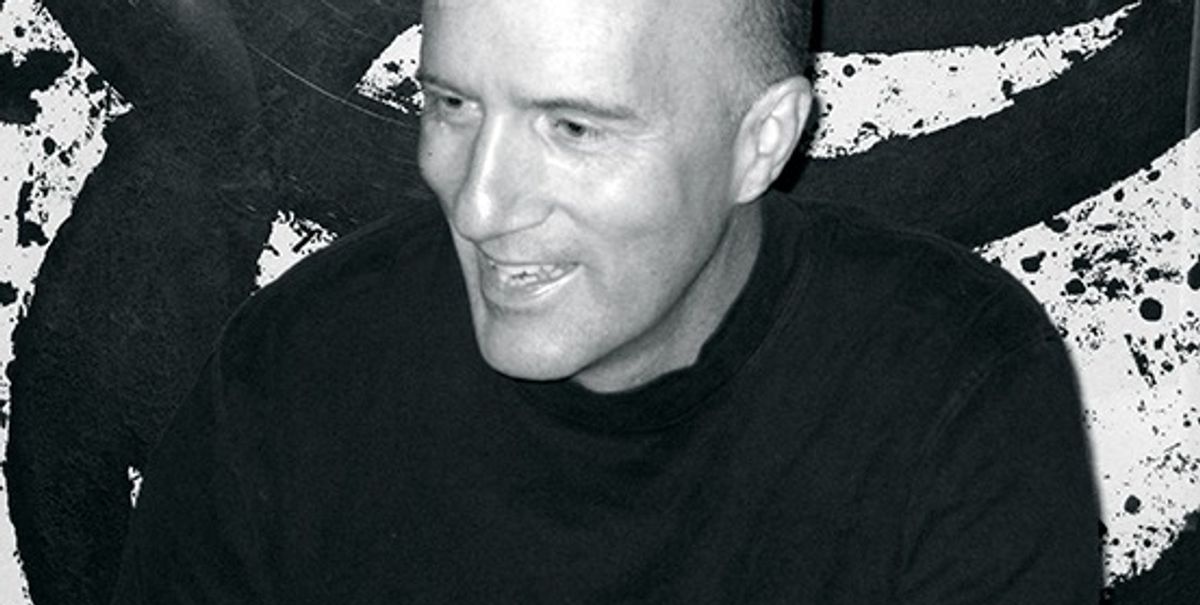The National Gallery of Art in Washington, DC, has named the art historian Hal Foster as the next speaker in its prestigious A.W. Mellon lecture series. Foster, who is a professor of art history at Princeton University, will deliver six talks in April and May 2018 in a series titled Positive Barbarism: Brutal Aesthetics in the Wake of World War II, which looks at figures like Jean Dubuffet, Asger Jorn, Eduardo Paolozzi and Claes Oldenburg.
The talks focus on how the disasters of the war forced artists to invent new artistic languages to deal with trauma and emergency. “The question is, how do artists and intellectuals start again after the war and the holocaust and the bomb?” Foster says. “How do they find a basis from which to work?”
“I’m interested in the pervasive turn to the brut—as in the raw—with Brutalism,” he adds, “but also in animal [imagery] and the ‘creaturely’” tendency of artists like Jorn, who painted animals.
Foster considers the Mellon lectures to be the second part of a trilogy begun with his most recent book, Bad New Days (Verso, 2015). The third part will be another book, due to focus on the interwar period and the rise of Fascism, which he will research in part through teaching.
He is also at work on two other projects: an essay on Richard Serra for his catalogue raisonné and another book of conversations with the artist. “We’ve been talking over at least the past two decades,” Foster says, noting that the book will not be interviews but rather a back and forth tracing Serra’s life and career. “It’ll serve in a way as his autobiography,” he says.
Foster is the 67th lecturer in the Mellon series, which has included speakers like Isaiah Berlin, T.J. Clark and Kirk Varnedoe. Each series results in a book, many of which have published by Princeton University Press.


